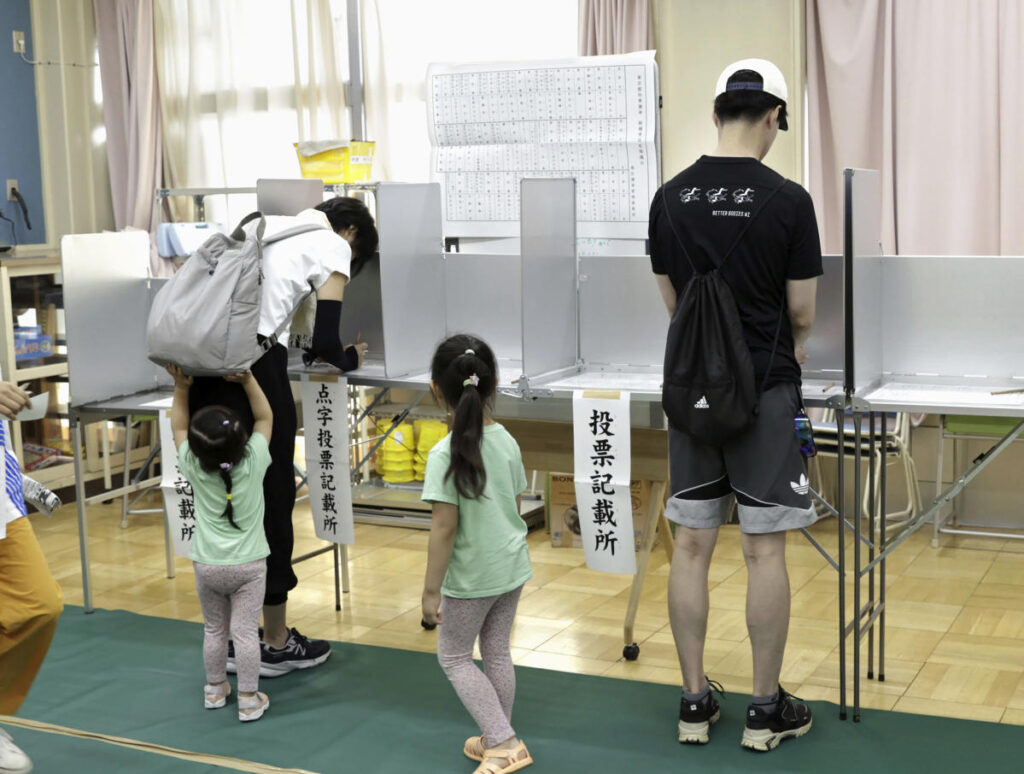TOKYO (AP) — Voters in Tokyo will cast their ballots Sunday to decide whether to re-elect a conservative senator. Yuriko Koike as governor of Japan’s influential capital for a third four-year term.
The vote was also seen as a test for the prime minister Fumio KishidaTokyo’s ruling party, which supports the incumbent president. She is the first woman to lead the Tokyo Metropolitan Government.
Tokyo, a city of 13.5 million people, enormous political and cultural power and a budget comparable to some other countries, is one of Japan’s most influential political cities.
A record 55 candidates challenged Koike, and one of the top candidates was also a woman: a former MP with a liberal orientation who uses only her first name Renho and was supported by opposition parties.
A Koike victory would be a relief for Kishia’s conservative ruling party, with which she has long been associated. Kishia’s Liberal Democratic Party and its junior coalition partner, Komeito, unofficially supported her campaign.
Renho, who is running as an independent but is backed by the main opposition Constitutional Democratic Party of Japan and the Japanese Communist Party, criticized Koike’s connection to Kishida’s party, which has been hit by a widespread slush fund scandal. A victory for Renho would be a major setback for Kishida’s chances in the ruling party’s leadership election in September.
While the two famous women attracted national attention, Shinji Ishimaru, former mayor of the city of Akitakata in Hiroshima, was becoming increasingly popular among young voters.
The main issues in the campaign were measures for the economy, disaster resilience for Tokyo and low birth rates. When Japan’s national fertility rate fell to a record low of 1.2 per woman last year, Tokyo’s 0.99 rate was the lowest in the country.
Koike’s policy focused on providing subsidies to married parents expecting a baby and to parents raising children. Renho called for more support for young people to address their concerns about jobs and financial stability, arguing that this would improve prospects for marrying and starting families.
Another focus was the controversial redevelopment of Tokyo’s beloved park area, Jingu Gaien. Koike gave his approval to this plan, but was later criticized for its lack of transparency and perceived environmental impact.
Koike, a stylish and media-savvy former TV newsreader, was first elected to parliament in 1992 at the age of 40. She held a number of key cabinet posts, including environment and defence minister, as part of the long-established Liberal Democratic Party.
Renho, known for asking pointed questions in parliament, was born to a Japanese mother and Taiwanese father and does not use her family name. A former model and newsreader, she was elected to parliament in 2004 and served as minister of administrative reform in the government led by the now-defunct Democratic Party of Japan.







